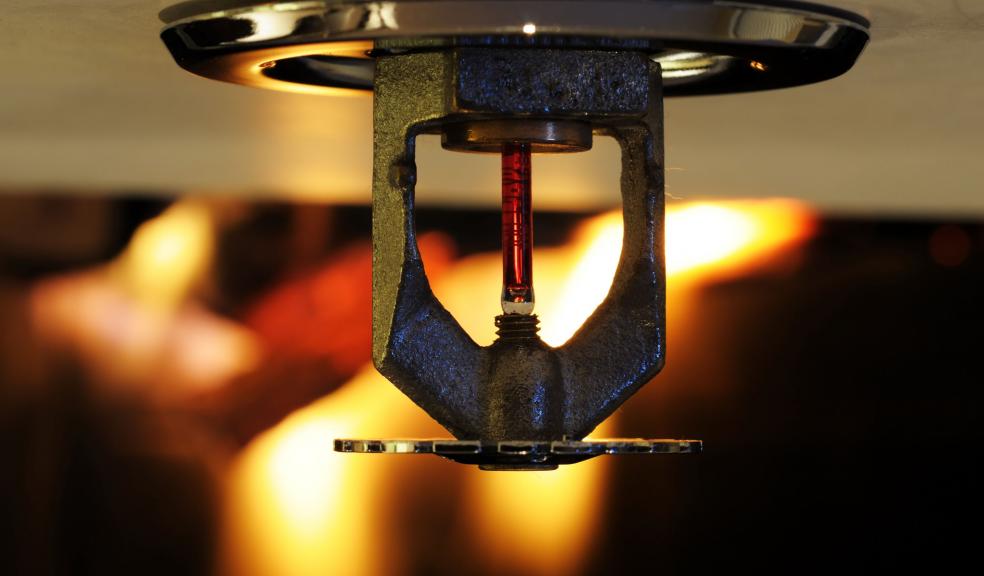
Fire service promotes benefits of sprinkler systems
Devon and Somerset Fire and Rescue Service is campaigning to inform, educate and promote the installation of sprinkler systems in both domestic and non-domestic premises.
According to the fire service, there is clear evidence that sprinklers can be effective in rapidly controlling and stopping the spread of fires. Sprinklers play a positive role in protecting life, property and reduce the economic and environmental cost of fire in any building they are installed in, they say.
Sprinklers can:
- Reduce fire deaths and fire related injuries
- Reduce the risk to fire-fighters
- Protect property and heritage
- Reduce the effects of arson
- Reduce the environmental impact of fire
- Reduce the cost and disruption to the community and business.
A fire and rescue service statement said: "The importance of sprinklers in schools has been recognised for many years. The latest reports suggest that such fires are getting bigger and more costly.
"The impact of these fires is significant, not only in financial terms, but also in terms of the devastating effect on the communities they serve, the environment and the disruption to students, teachers, staff and families.
"The effects on children’s education are not confined to the lost course work but often includes, longer traveling times, disrupted social groups and poorer facilities.
"If sprinklers were considered at the design stage of building a new school or the refurbishment of existing buildings, the cost can be kept to a minimum (as low as 1% of the build cost). By engaging with designers and architects schools could be designed to inspire learning."
It is the aim of the Service to work with schools, colleges and education authorities to ensure that the benefits of sprinklers are fully considered. In new and refurbished schools.
"Each year more than 1300 schools in England and Wales suffer fires large enough to be attended by local authority fire and rescue services. As mentioned above the cost of these amounts to millions in respect of replacing buildings but added to this are the consequential losses, examples of which are listed below:"
- The need for temporary teaching accommodation, transport issues, disruption etc
- The long term effect on pupils from studying in temporary teaching accommodation
- The loss forever of pupil course work, exam work, and essential statistics
- The increased stress caused to staff from re-creating teaching aids and working in temporary teaching accommodation
- Loss to the community of an asset used for adult education, pre and after school clubs.













